
It was, in an ironic twist on the old joke, a face made for radio. Her glittering eyes were set wide above a pinched nose that hooked slightly over a thin upper lip. Her hair was a cropped, mousy tangle. Though she was striking, and attractive to a number of paramours and two husbands, actress Mercedes McCambridge, who was never a conventional beauty. That her unusual looks and outspoken character determined the course of her career as much as her extraordinary talent made for a life and work more interesting than most of her more doll-faced peers.
Born in 1916 in Joliet, Ill., Charlotte Mercedes Agnes McCambridge grew up Catholic, middle class, Midwestern, and, as she acknowledged in her episodic but entertaining 1981 autobiography The Quality of Mercy, a good liar. Like many teens, she had aspirations to be an actor, but unlike most budding drama queens, she had at least one extraordinary talent, and it got noticed. Attending Mundelein College in Chicago, McCambridge belonged to a “verse-speaking choir,” which recited poetry in unison, with her as the occasional soloist. An NBC producer attended a performance and came away impressed enough that she was soon dividing her time between classes at Mundelein and starring in NBC radio plays downtown.

She thrived in radio, a medium she found liberating (you could be anybody, sometimes several characters per play, and no one cared what you looked like) and challenging (doing a one-hour play called for “a degree of concentration and creativity that was distinctive”). She also launched a distinguished career in live theater. In fact, McCambridge was working on Broadway when a friend urged her to audition for Hollywood producers casting New York actors. Not actually needing the gig and annoyed by the brutal, impersonal process, McCambridge walked into the audition room, chewed out the producer and director, and walked out with a meaty part in the 1949 film version of Robert Penn Warren’s All the King’s Men. Her debut film role won her the Oscar for Best Supporting Actress and overnight stardom.
It wound up being a peculiar kind of stardom, however. Her next major role was as Joan Crawford’s sexually repressed nemesis in the 1954 bizarro Western Johnny Guitar; dressed in black frocks that can only be described as “nunnish,” she burns to punish Crawford’s sexually successful saloon owner to an almost comic degree. Next came her role as the mannish range-riding spinster sister of Rock Hudson’s cattle baron in Giant (1956); at one point, another character actually posits that everybody knows that McCambridge’s character would “rather herd cattle than make love.” When Orson Welles needed a sexually ambiguous leather-jacketed tough for a gang-rape scene in his 1958 noir classic Touch of Evil, he called old radio cohort McCambridge and asked what she was doing for lunch that day. In 1962’s Angel Baby, she took on an evangelist who spouts fire-and-brimstone scripture in the throes of love, courtesy of a young George Hamilton. She summed up her usual casting as “ugly duckling” roles; more plainly put, when it came to Hollywood’s portrayals of butchness and female sexual dysfunction, McCambridge was the A-list.
By the early ’60s, her second marriage to TV producer Fletcher Markle had ended, decent film roles of any kind were drying up, and her drinking had blossomed into full-blown alcoholism. She eventually dried out and began recovery, thereafter becoming something of a grudging spokeswoman for recovering alcoholics, despite the media and casting agents of the time being even less forgiving about addiction.
She continued to work onstage and in television up through the ’80s, but her last notable role was the one for which she is perhaps most famous, a role, like many of her prominent screen roles, that made the most of her considerable skills and was about as far as an actress can get from a romantic lead. Months after Linda Blair contorted herself on a bed in a set in Hollywood, playing a little girl possessed by the devil in 1973’s The Exorcist director William Friedkin summoned McCambridge to a Hollywood sound stage to record the voice of Satan. She was, in effect, back in radio again. The role was “the hardest work I’ve ever done,” she wrote, adding that she often had to lie down and rest for an hour between takes. Her bronchial wheeze and guttural rasp, almost more than all the pea-green spew and revolving heads Friedkin could marshal on the screen, helped make the film a terrifying smash. When she attended the premiere, she was devastated to see that she received no on-screen credit for her work; she only got it after suing Warner Bros. Out of sight, out of mind, apparently.
She died on March 2, 2004 in La Jolla, California, of natural causes, just two weeks before her 88th birthday.
For her contribution to television and motion picture industry, Mercedes McCambridge has two stars on the Hollywood Walk of Fame: one for motion pictures, located at 1722 Vine Street, and one for television located at 6243 Hollywood Boulevard.




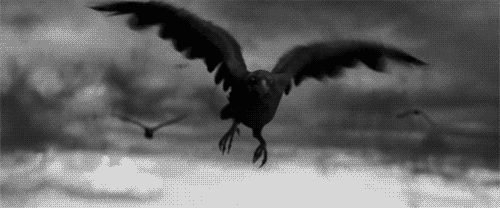
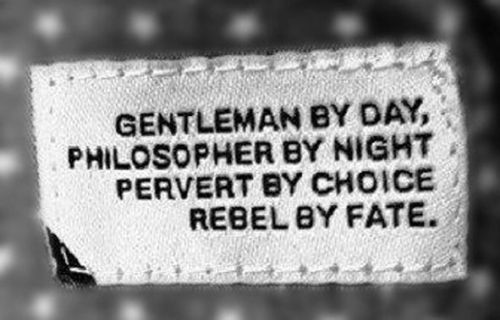



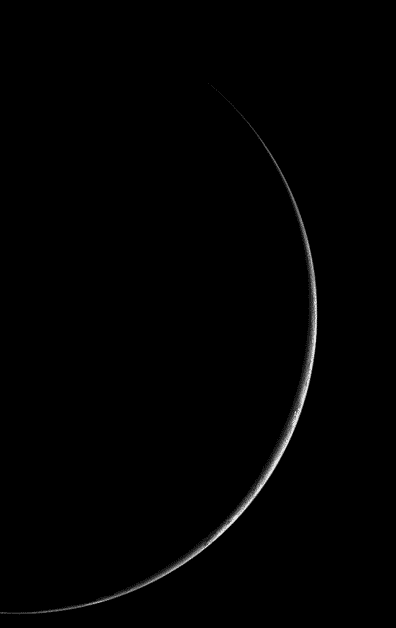








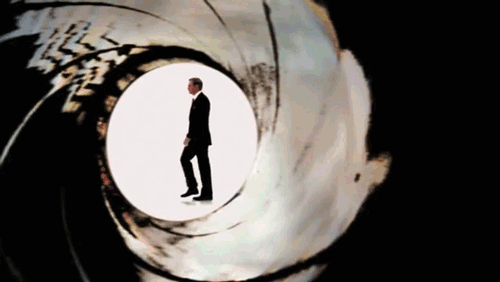


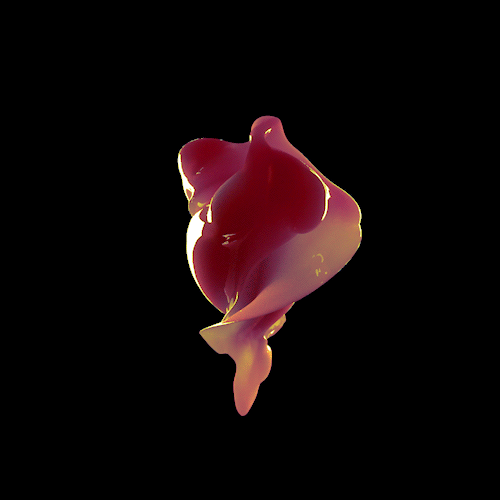


No comments:
Post a Comment